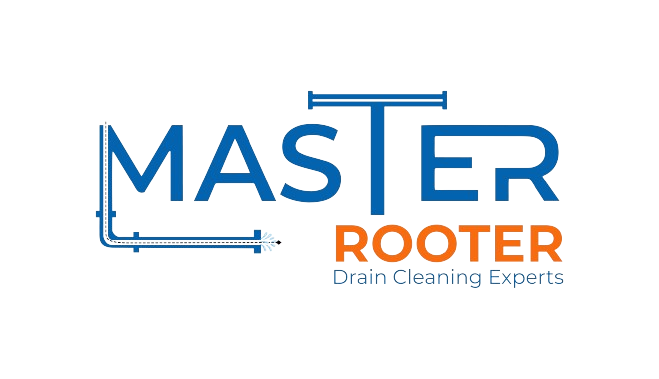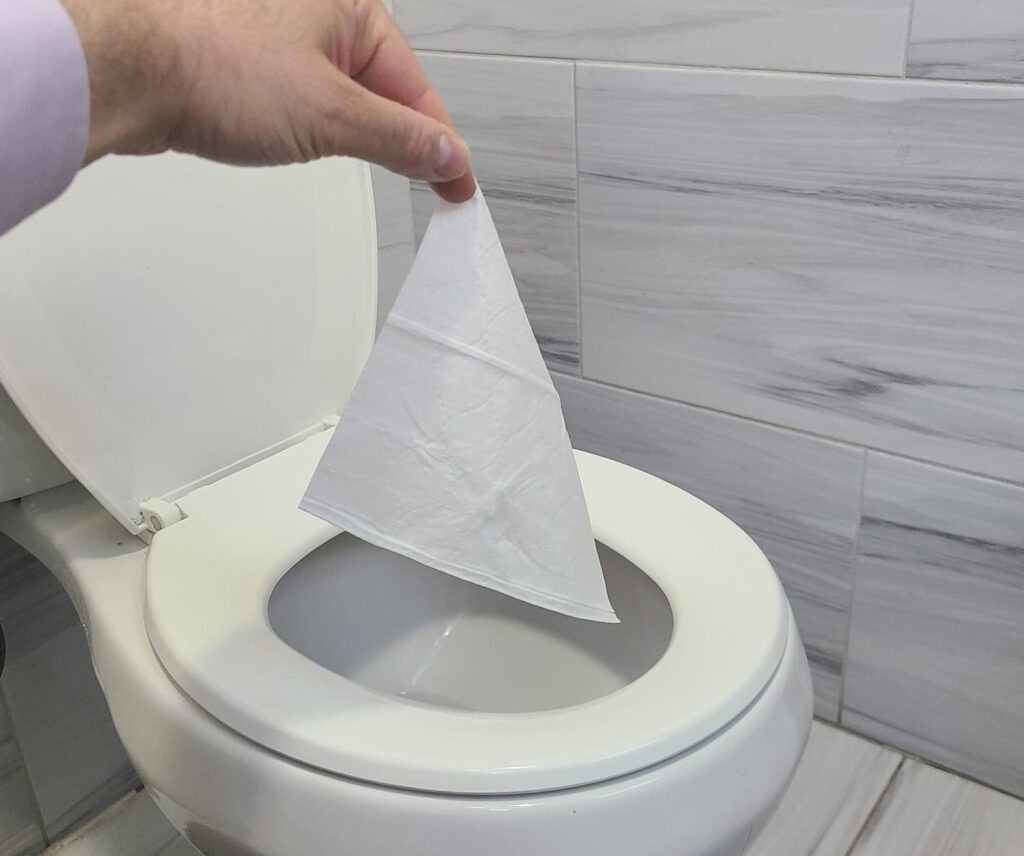The Allure of Flushable Wipes
Flushable wipes promise the best of both worlds: the convenience of a pre-moistened cloth and the ease of disposal in the toilet. They’re marketed to make cleaning easier and to provide a sense of enhanced cleanliness. However, this allure comes with significant drawbacks that aren’t always apparent.
The Misconception of “Flushable”
The term “flushable” implies that these wipes will disintegrate and be safely processed by sewage systems like traditional toilet paper. Unfortunately, this is often not the case. Many flushable wipes are made from a blend of materials, including plastics and non-woven fibers, which do not break down easily.
When flushed, these wipes can persist in the wastewater system, causing a range of problems:
- Pipe Clogs and Blockages: Unlike toilet paper, which dissolves relatively quickly, flushable wipes tend to remain intact. They can accumulate in pipes and cause blockages, leading to costly repairs and maintenance.
- Treatment Plant Problems: Wastewater treatment facilities are designed to handle organic waste but struggle with non-biodegradable materials. Wipes can disrupt the treatment process, leading to inefficiencies and potential equipment damage.
- Environmental Impact: When wipes bypass treatment facilities or are improperly disposed of, they often end up in rivers, lakes, or oceans. These synthetic materials contribute to plastic pollution, posing serious risks to wildlife and ecosystems.
The Truth About Breakdown
One of the key issues with flushable wipes is their composition. Many contain a mix of plastic and other fibers designed to make them durable and resistant to tearing. While this design is ideal for personal use, it creates problems for waste management.
In contrast, traditional toilet paper is designed to disintegrate rapidly when wet, making it less likely to cause clogs or blockages. Even biodegradable wipes, which break down faster than conventional options, can still cause issues if they are not disposed of correctly.
What You Can Do
To minimize the impact of flushable wipes and protect our sewage systems and environment, consider these alternatives and best practices:
- Switch to Toilet Paper: Traditional toilet paper is more likely to break down quickly in water, reducing the risk of blockages and environmental damage.
- Use Biodegradable Wipes Wisely: If wipes are necessary, opt for those labeled as biodegradable or compostable. However, even these should be disposed of in the trash rather than flushed to avoid potential issues.
- Dispose Properly: Ensure that wipes and other non-flushable items are disposed of in the trash. Educate family members and others about proper disposal methods to prevent costly and damaging consequences.
- Advocate for Change: Support regulations and policies that require more accurate labeling and improved standards for flushable products. By advocating for change, you can help push for better solutions and greater transparency in product labeling.
Conclusion
While flushable wipes offer convenience, they come with hidden costs that extend beyond their initial use. Their impact on sewage systems and the environment can be severe, leading to costly repairs, treatment plant disruptions, and pollution.
By understanding the true nature of flushable wipes and making informed choices, you can contribute to more sustainable waste management practices and help protect our planet. Next time you reach for a wipe, remember the hidden costs and consider alternatives that are better for both your home and the environment.
Like us on Facebook
Check us out on Google
Check out our Services

